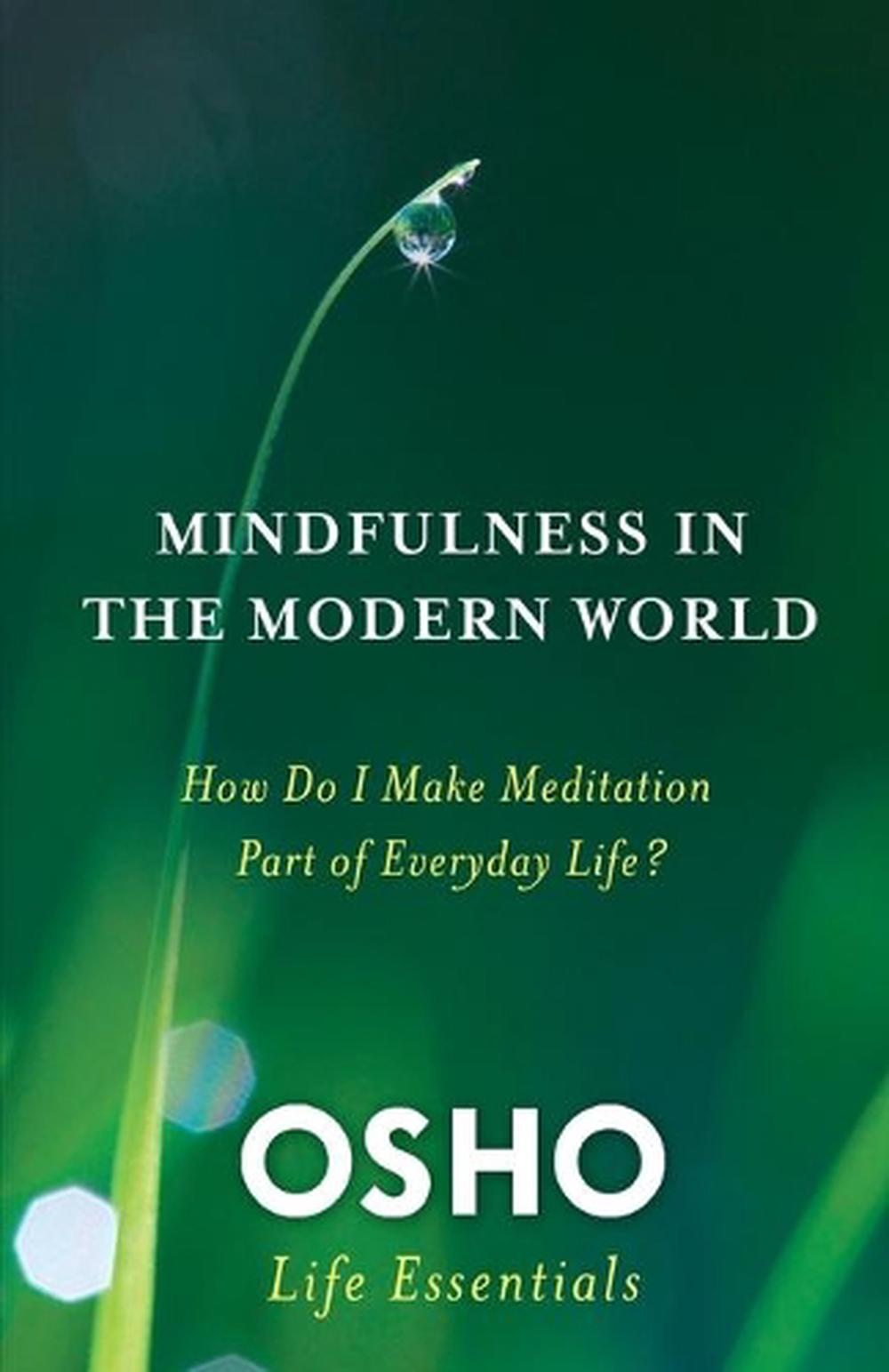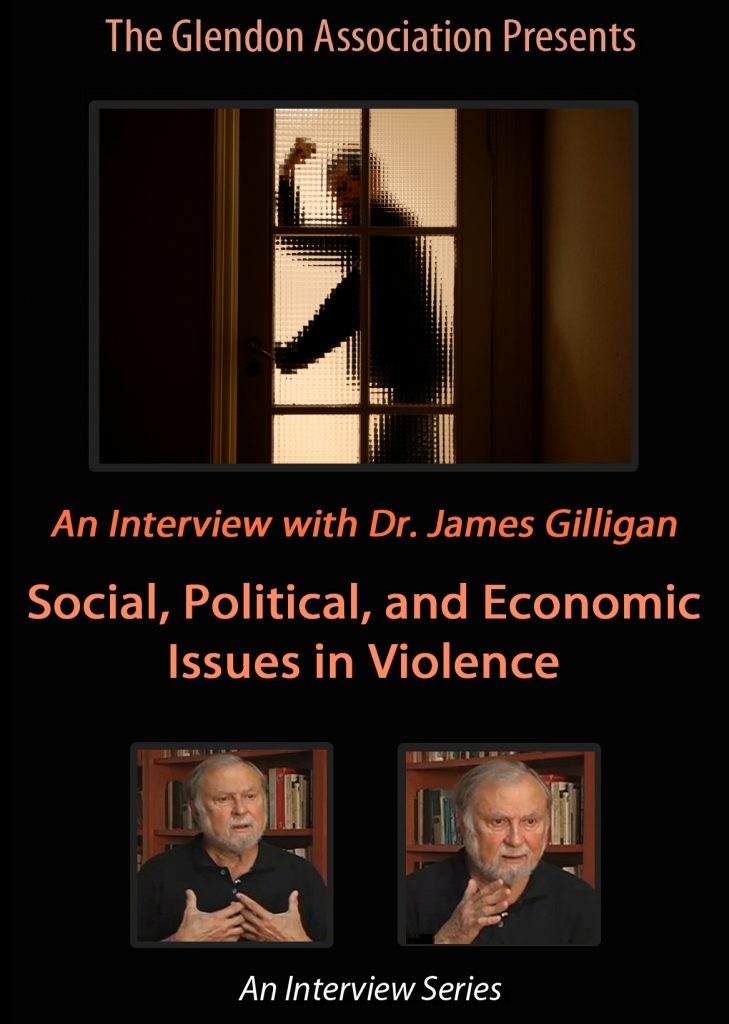
Opportunities and venues for sociabilities will become huge post-Covid. We see this when restrictions are eased how people run for parties and group settings. We want to have opportunities to be with other people, share meals, share a drink in the pub, and share activities. The isolation imposed by Covid-19 is debilitating. Every country will have to critically evaluate its social safety net and shore it up. This means security in having an income, child care, family leave and other things necessary to care for your family during a pandemic. The natural response is to want security. The pandemic has filled us with uncertainty and insecurity. They all derive from the unnatural and unpleasant circumstances imposed by the pandemic and the necessary public health responses.įirst, we all want security. There are three clear legacies from the Covid-19 pandemic.

What will we be craving in a post-pandemic world? Building on these principles, countries will be able to develop national policies that ensure AI is designed, developed and deployed in compliance with fundamental human values.Īs we face new, previously unimaginable challenges – like the pandemic – we must ensure that the tools we are developing work for us, and not against us.Įzekiel Emanuel: Member, Biden-Harris Covid-19 Advisory Board and Chair of the Department of Medical Ethics and Health Policy, University of Pennsylvania This is why Unesco is working to build consensus among 193 countries to lay the ethical foundations of AI. Principles such as proportionality, inclusivity, human oversight and transparency can create a framework allowing us to anticipate these issues. It is up to us to decide what we want AI to look like: there is a legislative vacuum that needs to be filled now. Ethical dilemmas are already a reality – including privacy risks and discriminatory bias. However, as the digital transformation accelerates exponentially, it is highlighting the challenges of AI. Governments are mobilising machine-learning in many ways, from contact-tracing apps to telemedicine and remote learning. Over the past six months, thousands of AI innovations have sprung up in response to the challenges of life under lockdown. Never before have the lives of so many people around the world been affected at this scale or speed.

Of course, a travel reassessment will give us the opportunity to tackle some of the industry’s inevitable drawbacks from a fresh perspective, but will we tackle overtourism and climate change, or just turn the power back on and hit restart?Ĭovid-19 is a test like no other. Will we be welcomed? Will we be safe? And can we afford it? It will be a sad new world if travel becomes something only for the rich and gap-year travel becomes a rite of passage that ceases to exist. Quite apart from dealing with the bureaucracy and rules, I’m afraid that post-pandemic travel will be to a very different new world. None of this encourages travel, and it’s probably a safe bet that merely making the decision to head for the departure gate is going to be a fraught choice for some time to come. Or you can leave (the UK) and go somewhere else (the list changes daily) only to find (typically at 4 a.m.) all sorts of restrictions on your return. Some countries (Australia) won’t let people out, other countries (America) won’t let people in, even when they’re coming from a place with a better virus story.

In the travel game, it’s tough even to understand what’s going on in the present. When it comes to the coronavirus pandemic, I keep repeating baseball player and philosopher Yogi Berra’s wise advice that “It's tough to make predictions, especially about the future.”


 0 kommentar(er)
0 kommentar(er)
